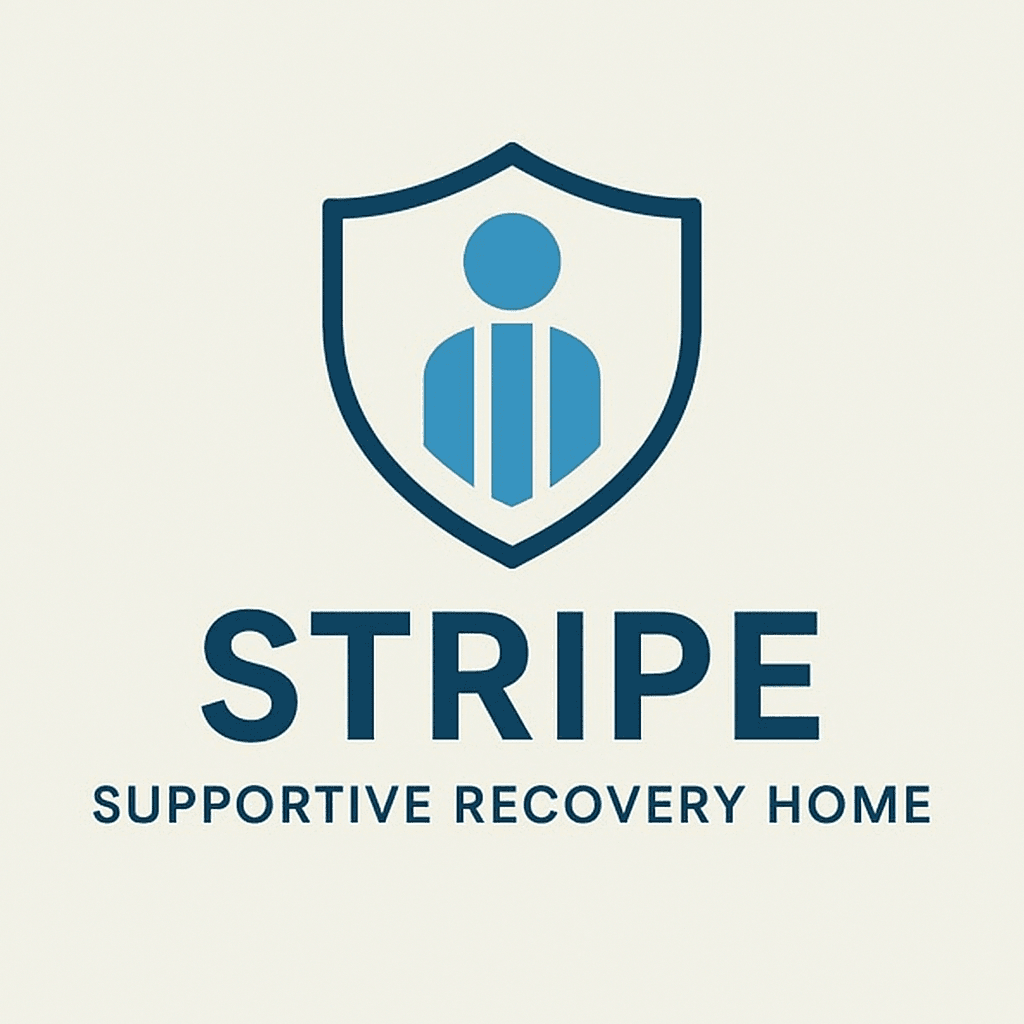Why Choose Transitional Housing for Recovery in BC? A Comprehensive Guide
Understanding Transitional Housing
Transitional housing offers a bridge between crisis situations and independent living, providing a stable environment where individuals can focus on recovery. In British Columbia, this type of housing is gaining traction as a vital component of the recovery process. With a supportive network and structured programs, transitional housing can be a crucial step toward achieving long-term sobriety and stability.

The Benefits of Transitional Housing
One of the primary advantages of transitional housing is the structured support it offers. Residents have access to a range of services, including counseling, life skills training, and job placement assistance. This environment fosters personal growth and equips individuals with the tools needed to reintegrate into society successfully.
Another significant benefit is the sense of community. Living among peers who are also on the path to recovery can provide encouragement and reduce feelings of isolation. This community support can be instrumental in maintaining motivation and overcoming challenges associated with recovery.
Affordability and Accessibility
Transitional housing in BC is often more affordable than traditional housing options, making it accessible to a wider range of individuals. Many programs offer subsidized rates or sliding-scale fees based on income, ensuring that financial constraints do not hinder access to necessary support systems.

Customized Support Programs
Another reason to choose transitional housing is the customization of support programs. Facilities often tailor their services to the unique needs of residents, whether they are dealing with substance abuse, mental health issues, or other challenges. This personalized approach ensures that individuals receive the most relevant and effective support for their recovery journey.
Steps to Transitioning Successfully
Successfully transitioning from transitional housing to independent living involves several key steps:
- Engage actively in all offered programs and services.
- Develop a strong support network through connections made during your stay.
- Build life skills that will aid in self-sufficiency.

Long-Term Impact and Success Stories
The long-term impact of transitional housing can be profound. Many individuals who have utilized these programs report significant improvements in their quality of life, including stable employment, improved mental health, and sustained sobriety. Success stories from former residents underscore the transformative power of these environments.
These narratives not only highlight personal achievements but also inspire others who are considering transitional housing as part of their recovery plan. By sharing experiences, former residents help to destigmatize the process and encourage more individuals to seek the help they need.
Conclusion
Choosing transitional housing for recovery in BC can be a pivotal decision on the path to a healthier, more stable life. With its combination of structured support, affordability, community, and personalized care, transitional housing offers a foundation for sustainable recovery. Whether you are seeking help for yourself or a loved one, understanding the benefits and opportunities available through these programs can guide you toward making an informed choice for the future.
